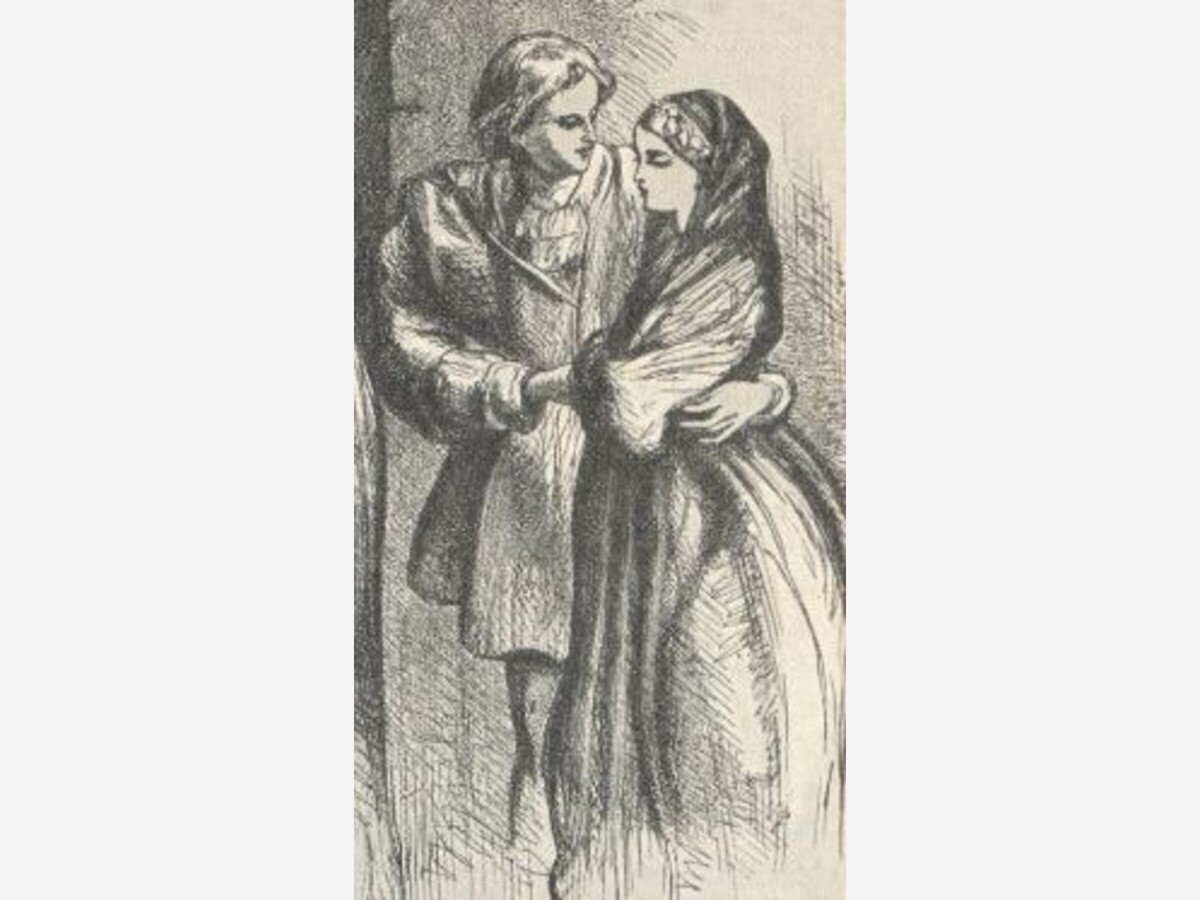Image

Last week’s “Letter” by a writer from Wellesley took incumbent State Senator Becca Rausch to task for her legislation that effectively puts the age of consent at 13 for Massachusetts youth, in some circumstances, and certainly does little to discourage sexual encounters at a very young age for all others.
Rausch, in testimony (https://youtu.be/coc8wwG3zjA?si=zuay47AQdJm153Li) on Beacon Hill, promotes and defends the measure either because, she says, the law is “narrow” and specifically focused on “consensual” sex between minors, pitching her legislation as part of a trend toward what others have called Romeo & Juliet laws, (in a nod to Shakespeare’s star-crossed teenager lovers).
She also also implies that some 13-year-olds may in fact be mature enough to make such decisions, a belief that is probably at odds with what most parents or other adults might believe based on life experience.
Certainly, when Rausch declares that she is just bringing Massachusetts into conformance with many other states, she is on relatively solid ground. Most states set 16 as the age of consent with a few putting it at 17 or 18 years of age. But, the “Romeo and Juliet” exceptions, like the Rausch legislation, are available in many states, again, where minors are involved or the age difference is small, typically about two years, the stated aim being to spare young men and women from potential criminal prosecution under statutory rape laws. But Massachusetts has often proudly gone its own way and most of the state enshrining Romeo and Juliet as exemplars are poor and rural. Neither California nor New York have taken this path.
Notably, some jurisdictions, such as Mexico, have an even lower age of consent., not something that seems to have had a positive impact on society.
Where they have occurred, these liberalizations may have had a positive effect in some ways but the net result, of tacitly encouraging children who are still actually very young, to move sex into a central place in their lives would seem to have only the most dubious of benefits.
However, as Rausch admits, in her legislation youths below the formal age of consent, as young as 13, may legally consent to sex with partners who are slightly older – or simply claim to be. And once someone has consented, what then? Sexual relations among the very young can be problematic in any number of ways. At the very least, this is distracting from learning and a healthy process of maturation.
Here, Rausch has also worked to erect barriers to prevent parents from learning about pregnancy or other consequential matters in the life of a young person, trusting instead in the wisdom of schools and even courts instead, institutions that have often proven to be quite fallible.
That’s the legal side of the age of consent. But what do people, in general, think about the subject?
A yougov.com poll from 2022, which asked about age restrictions on many areas of life, generated a median age of consent of 18! This certainly implies that most people think younger teens should be pursuing some other activity!
Advocates for strong protection of children against sexual exploitation and harm note that relying on what young people claim to believe about the actual age of their partners opens the door to exploitation since truthfulness or even claimed or actual lapses in recollection can become a defense.
Certainly, no thinking person wants to see ‘lives ruined’ by labeling young people who have engaged in sexual relations as sexual offenders or worse, but there can be good reasons why historic strictures can have a role in reducing premature sexualization of children.
On the other hand, no one seems to have articulated any great positive benefits to jumping the gun on the process. So, why the rush by Senator Rausch to undo a time-honored legal structure and the vital link between parent on child on which life success and good mental health so often relies.
The arguments don’t seem convincing.
EDITOR'S NOTE: Prior to running the "Letter" metioned above, the Observer reached out to Aidan, the district director for Rausch, asking whether she or the campaign would be willing or able to provide an comment or answer any questions about the campaign. No response was receivevd.